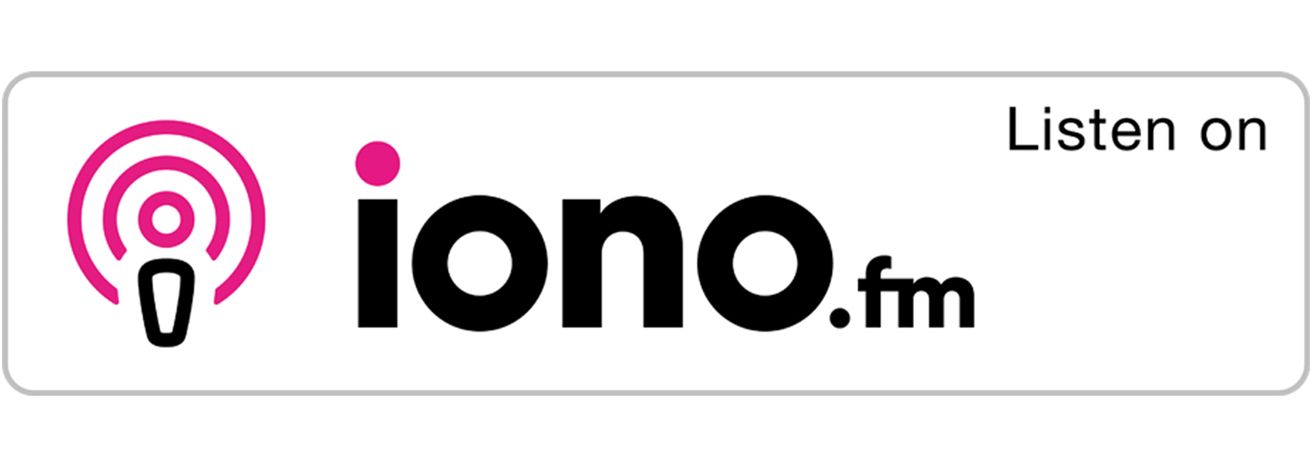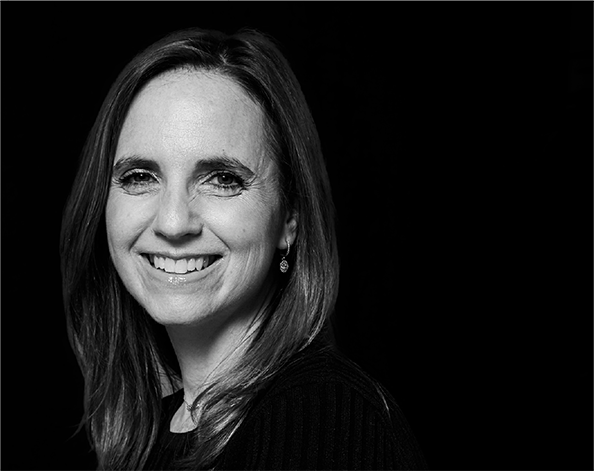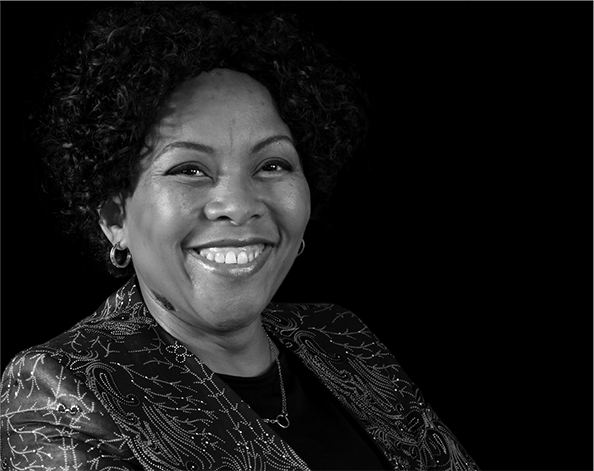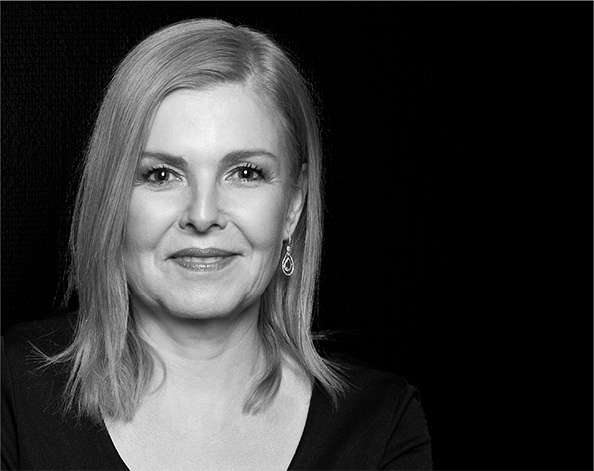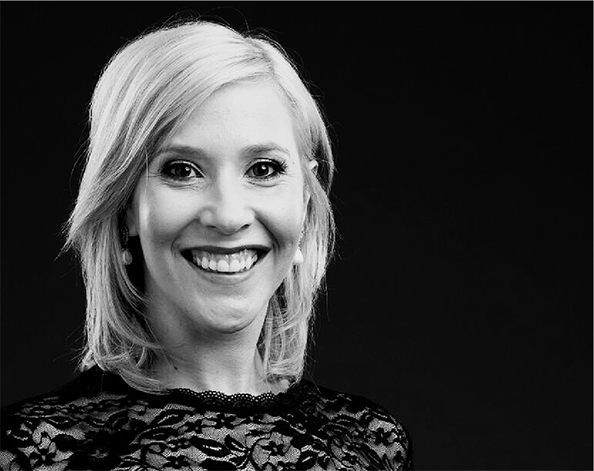Rising to the challenges of the hospitality and travel sector
12 August 2020
The women leaders of Lanseria Airport, Boeing and Airbnb share their experiences of the Covid-pandemic and discuss what the future holds.
9 min read | 35 min video | 35 min podcast




